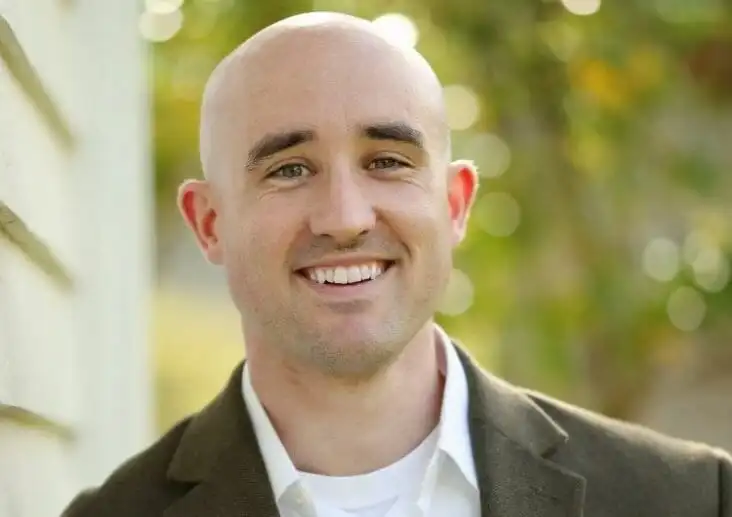
Is it best to work with an advisor who’s independent or part of a large firm? I am not investment savvy and I’m entering retirement. I need to make sure I hire someone or a firm that is going to help and maybe is somehow insured.
-Sharon
That’s a great question, Sharon. I’ll provide some context that I think will help you as you look for an advisor, whether that person works for a large firm or a smaller independent practice. Although I am independent (which I and my clients specifically like), I don’t think one is inherently better than the other.
It’s more about the firm’s culture, the individual advisor, the services they offer as well as your preferences as the client. Ultimately you may be comfortable with one over the other and that’s perfectly OK. It’s your money and you should be happy with where you keep it. (And if you need help finding a financial advisor, this tool can help match you with one.)
Is the Firm Insured?
You specifically brought up insurance. The way you phrase the question makes me think it may be worthwhile to explain how firms might be insured. The two most common types of insurance that you might want to know about are SIPC and E&O.
SIPC Insurance
The Securities Investor Insurance Corporation, or SIPC, provides a similar type of insurance to brokerage firms that FDIC does to banks. SIPC insurance protects you in the case of the brokerage firm fails. Notably, it does not protect you from the risk of market loss.
SIPC normally covers accounts at both large and small independent firms. This is something you can ask and is easily verified.
Errors and Omissions Insurance
This is professional liability insurance. It protects the firm and advisor in the event a mistake or omission on their end causes harm to a client and the client takes legal action against them. It helps ensure they can actually pay you any judgments that may arise.
Again, large and small firms alike often have E&O insurance and it’s perfectly OK to ask about it. (And if you’d like to hire a financial advisor but don’t know where to start, consider matching with one here.)
What Is a Custodian?

You may not be aware, but most independent firms utilize larger institutions’ infrastructure for accounts and investments through custodial agreements.
In the investment world, a custodian is an institution that handles client accounts and securities. Independent advisors that work with individuals rarely take possession (custody) of client funds themselves, but instead use an established firm for backend logistics. Some of them are household names like Charles Schwab, Fidelity or TD Ameritrade (which is owned by Charles Schwab). Others, like Altruist, SEI and TradePMR exclusively serve independent advisors and don’t have a public-facing retail division so you may not have heard of them. (This tool can help match you with an advisor who might meet your needs.)
How Are Firms Regulated?
Whether a firm is large or small they are subject to regulatory oversight. So are the individual advisors that work there. You can check a firm and its advisors on the SEC website.
Depending on how much money they manage and other criteria, investment advisory firms are required to register either with the SEC or state regulatory authorities.
What About the Services They Provide?

Make sure the firm offers the services you want. For example, you may want everything from your mortgage, insurance, retirement savings and bank accounts all managed under one roof. A smaller independent firm is less likely to do that, although some do.
Of course, the flip side is that you are more likely to be just another customer at a larger firm. If it’s important to you to have a closer relationship with your advisor, an independent is more likely to provide that. However, just because someone works for a larger firm also doesn’t mean that they won’t provide quality service with a personal touch. (A financial advisor can help with a range of needs and services, including retirement planning, investment management and estate planning.)
Bottom Line
There are safeguards in place at both large and small firms that protect clients and their money. Of course, that doesn’t make it risk-free. You should always verify your advisor and their firm, and ask questions about anything that might concern you. You should be comfortable with where your money is kept and who is managing it. Ultimately, the decision to work with an independent advisor or a large firm often comes down to personal preference.
Tips for Finding a Financial Advisor
- Finding a financial advisor doesn’t have to be hard. SmartAsset’s free tool matches you with up to three vetted financial advisors who serve your area, and you can have free introductory calls with your advisor matches to decide which one you feel is right for you. If you’re ready to find an advisor who can help you achieve your financial goals, get started now.
- Consider a few advisors before settling on one. It’s important to make sure you find someone you trust to manage your money. As you consider your options, these are the questions you should ask an advisor to ensure you make the right choice.
Brandon Renfro, CFP®, is a SmartAsset financial planning columnist and answers reader questions on personal finance and tax topics. Got a question you’d like answered? Email AskAnAdvisor@smartasset.com and your question may be answered in a future column.
Please note that Brandon is not a participant in the SmartAdvisor Match platform, and he has been compensated for this article.
Photo credit: ©iStock.com/ArtistGNDphotography, ©iStock.com/PeopleImages